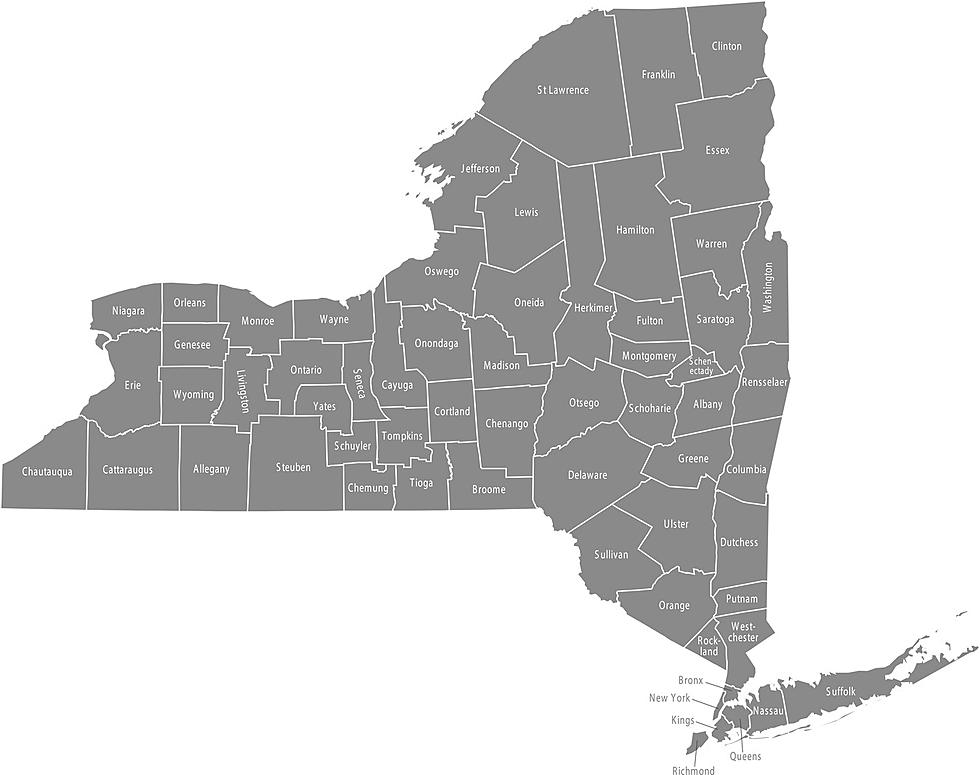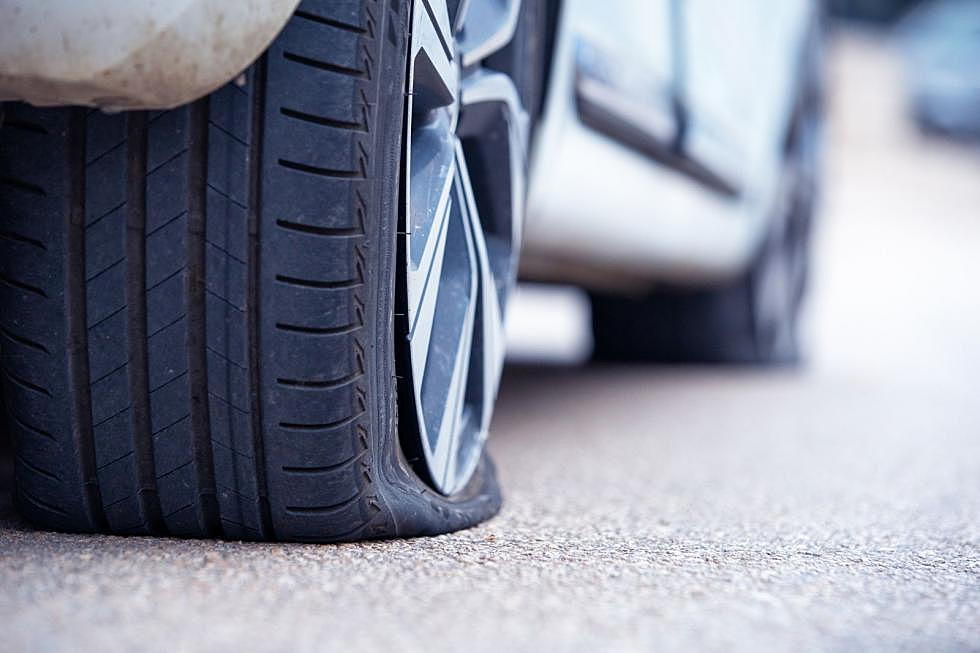
Don’t Make This ‘Booster Seat’ Mistake In Massachusetts
For the last six months, my son has been asking me when he can switch to a booster seat so he can be like his older cousin.
Even though my son turned six in October, he is barely 40 lbs. So, the rule in Massachusetts concerning car seats, booster seats, and riding in the front seat is as follows.
Kids can go from a car seat to a booster when they're age 5 and weigh at least 40 lbs.
Infants and children must ride in a federally approved child passenger restraint until they are at least 5 years old and weigh more than 40 pounds. -needhampediatrics.com
So, technically he is "eligible" to switch to a booster seat, but not a BACKLESS booster seat, which is the mistake that I made. Hint: Never listen to other people without doing your own research.
It's not illegal, however, the recommendation is the high back booster seat, especially if your child is on the smaller side, or likes to sleep in the car, or is super fidgety while in the car.
When can you ditch the booster seat?
Massachusetts state law requires that your child be secured in a federally approved belt-positioning booster seat until 8 years of age or is over 57 inches (4 feet, 9 inches) tall. Keep your child in a booster seat until he or she is big enough to fit in a seat belt properly. -mass.gov
What about riding in the front seat?
In Massachusetts, children can ride in the front seat at age 13.
Children come in all shapes and sizes so to speak, so if you are confused about which booster seat is best for your child, consult their pediatrician or your local police department is always good for some tips.
LOOK: What major laws were passed the year you were born?
Answers to 25 common COVID-19 vaccine questions
More From WBEC FM









